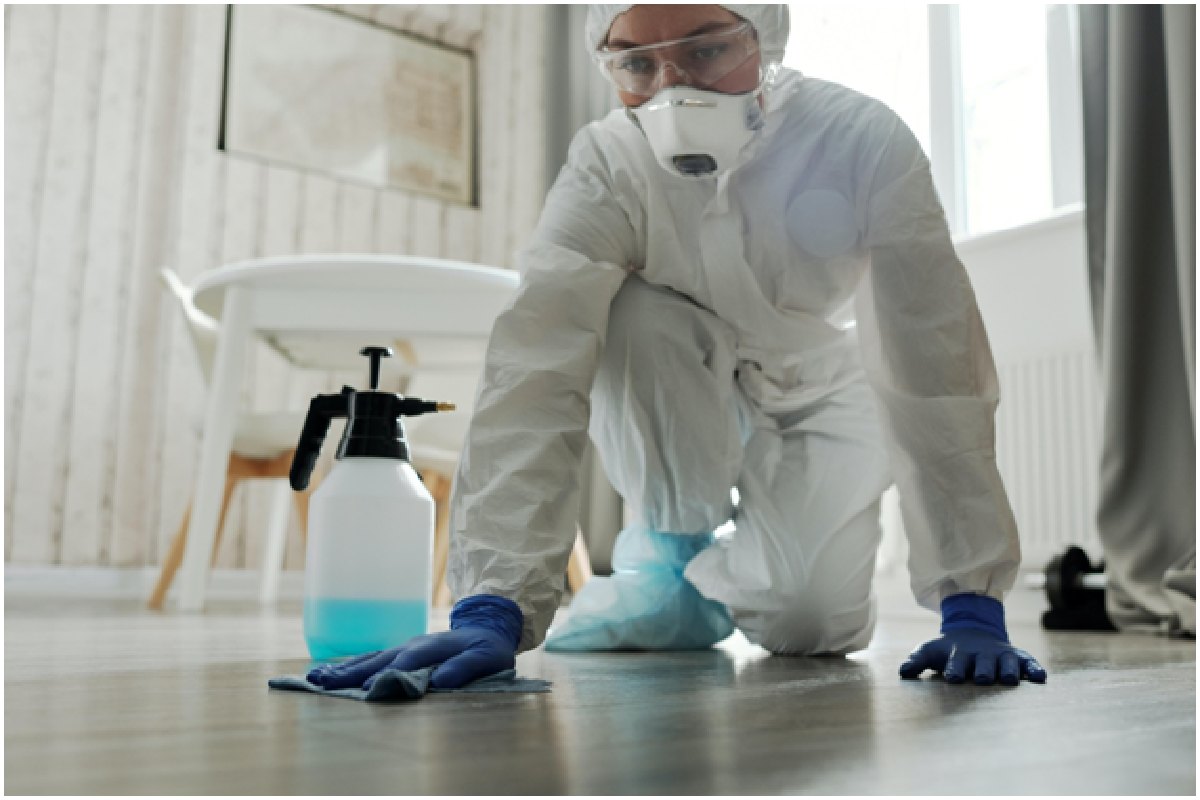
How To Protect Cleaning Service Employees with Bloodborne Pathogens Training
How To Protect Cleaning Service Employees with Bloodborne Pathogens? – OSHA defines bloodborne pathogens (BBPS) as pathogenic microorganisms found in human blood that can cause diseases in humans. Hepatitis B virus (HBV) and human immunodeficiency virus (HIV) are examples of these pathogens. In order to protect workers from severe or life-threatening diseases caused by exposure to BBPS, OSHA created standards on bloodborne pathogens that prescribe safeguards against the hazards posed by BBPS. OSHA implemented these standards in 2001. Please refer to Title 29 of the Code of Federal Regulations at 29 CFR 1910.1030 for a complete set of requirements.
How To Protect Cleaning Service Employees with Bloodborne Pathogens Training
Infectious diseases can remain spread easily through bloodborne pathogens if proper precautions remain not used. These infectious diseases can remain contracted at work when you eat or work on contaminated surfaces, eat from unclean refrigerators, unknowingly use a tool that contains contaminated blood, or even clean or use restrooms. Workers who remain exposed to blood and other body fluids on a regular basis have a high infection risk.
Employees with contaminated waste or trash, and healthcare workers, may be at risk for exposure to bloodborne pathogens. Housekeeping personnel and waste handlers are among those at risk. Hepatitis C, Hepatitis B, and HIV are the most common diseases caused by Bloodborne Pathogens.
Blood and other body fluids should remain cleaned immediately if exposed at work. As for cleaning personnel, you must be vigilant about cleaning precautions, such as posting signs notifying others to avoid entering the area. Those in the cleaning industry can significantly reduce risks associated with bloodborne pathogens if they take timely action and are knowledgeable. Today’s environment comprises many everyday situations, such as an accidental puncture caused by a contaminated sharp object.
Bloodborne Pathogen Training
Cleaning industry workers get infected by contaminated blood as a result of accidental exposure. OSHA (Occupational Safety & Health Administration) enacted a standard on bloodborne pathogens because of the problem’s growth. Several businesses remain affected by this standard, and it applies to any workplace where workers may remain exposed to blood or other body fluids that contain diseases.
It is better to eliminate hazards than to protect employees by using personal protective equipment, according to OSHA. In addition to a written plan titled Exposure Control Plan, there are training requirements and recordkeeping requirements included in the Bloodborne Pathogens Standard.
OSHA’s Bloodborne Pathogens require you to follow certain rules so that you can avoid exposure to many illnesses and diseases that remain transmitted through body fluids. Furthermore, OSHA may impose harsh fines on a company deemed in violation and result in negative publicity.
You can protect your employees, and cleaning business, through Bloodborne Pathogens Compliance Training Courses. This online IACET accredited bloodborne pathogens training certification course remain intended for professionals who work in environments that may expose them to bloodborne pathogens (BBPs), such those in the cleaning industry, and other potentially infectious substances.
Visit https://www.hipaaexams.com/ to know more about their various health compliance courses that will help protect your lives.


